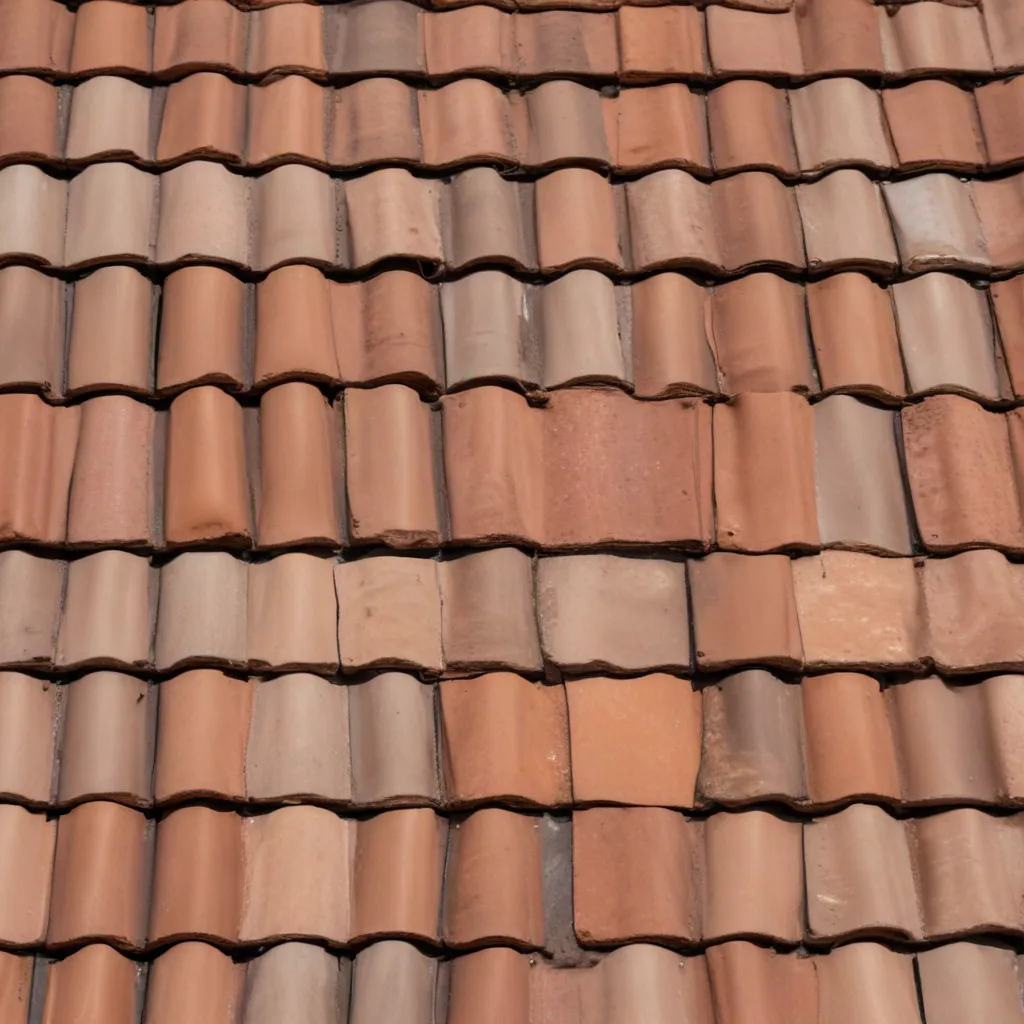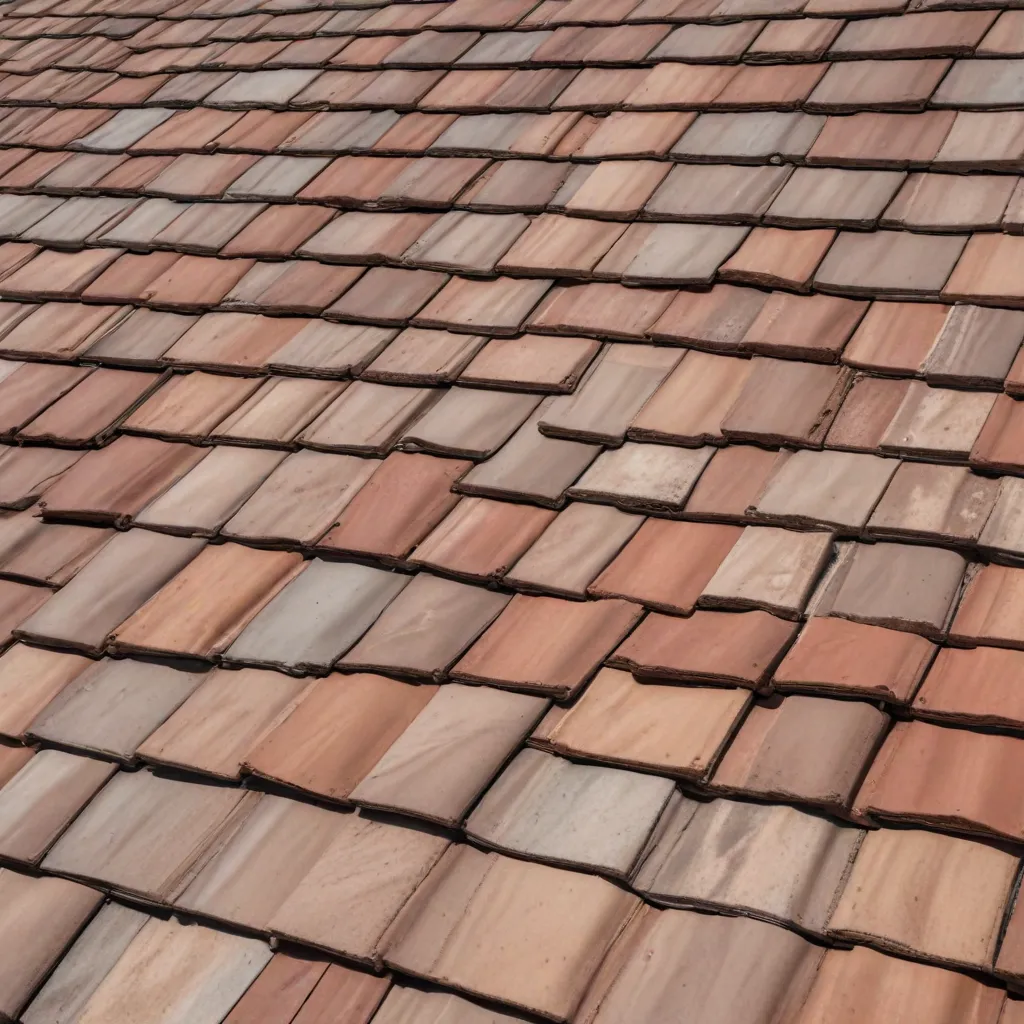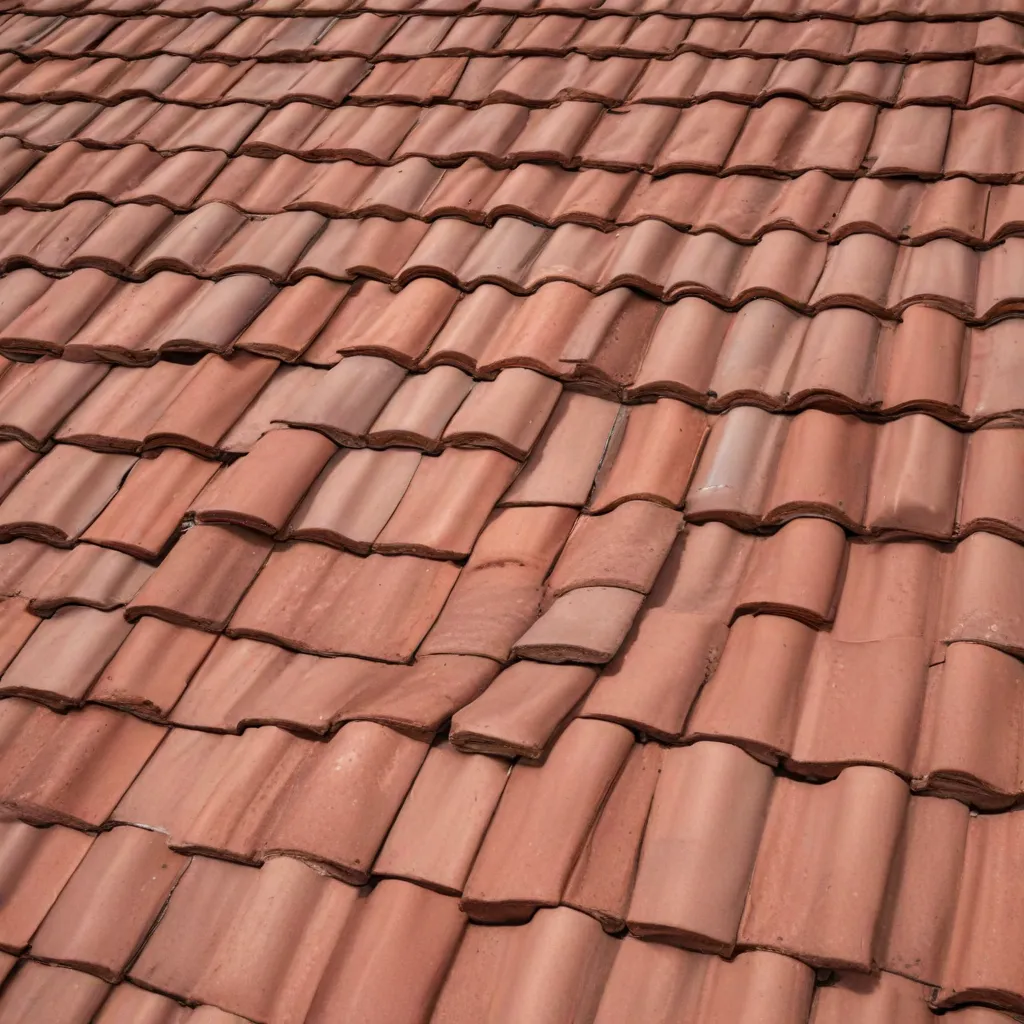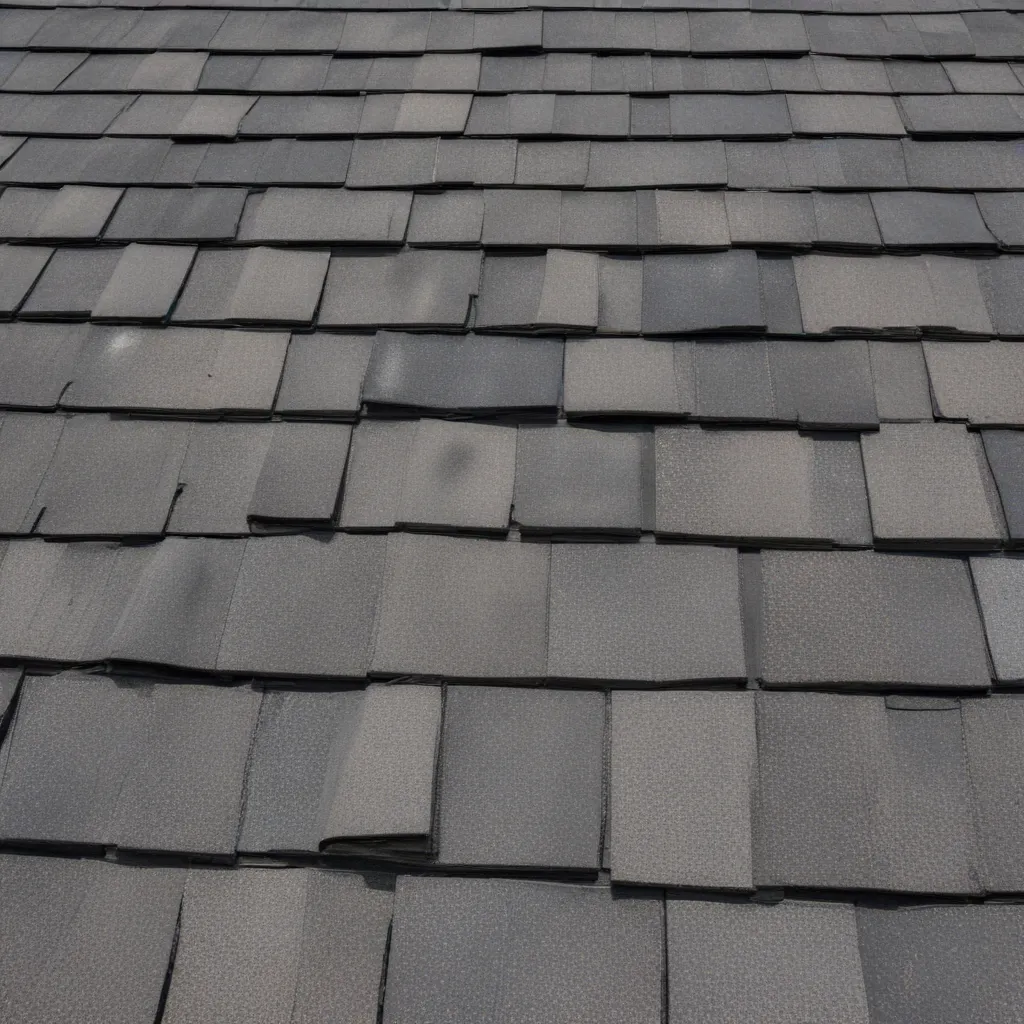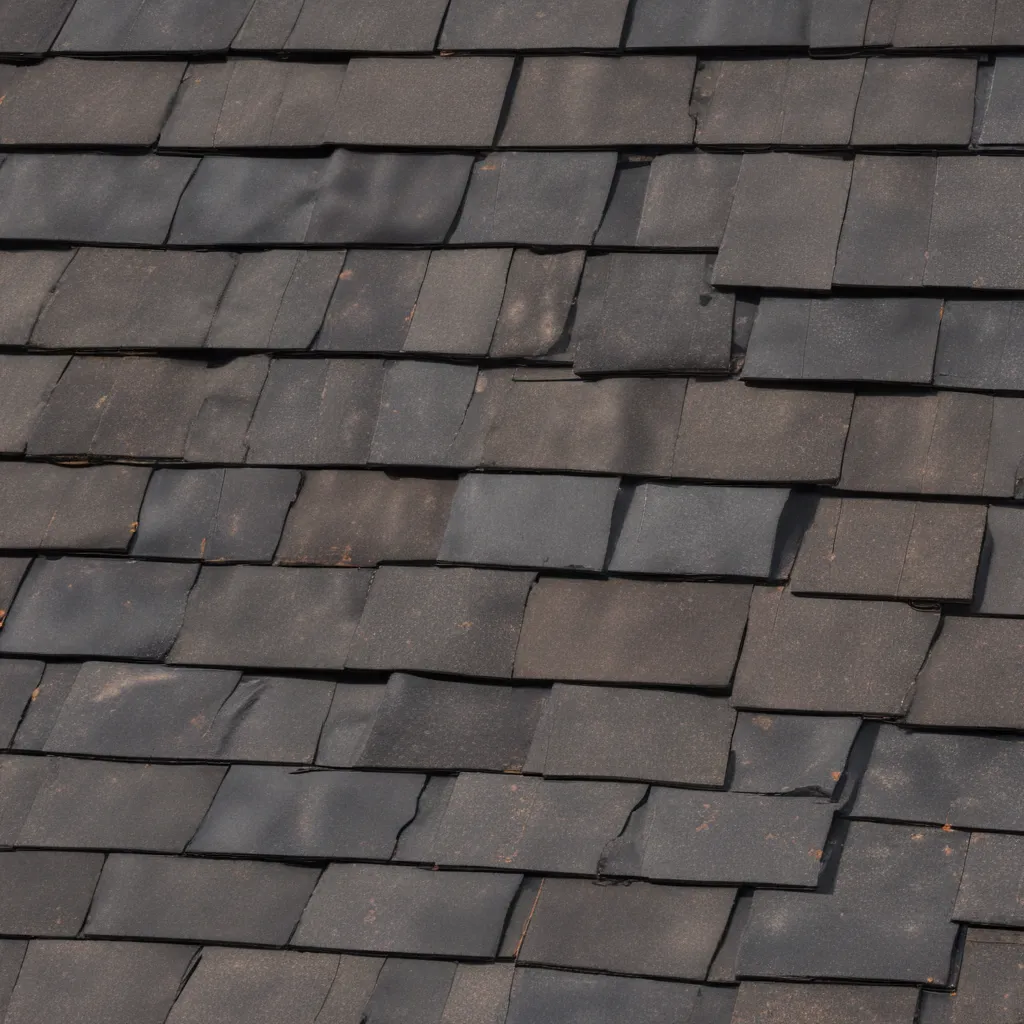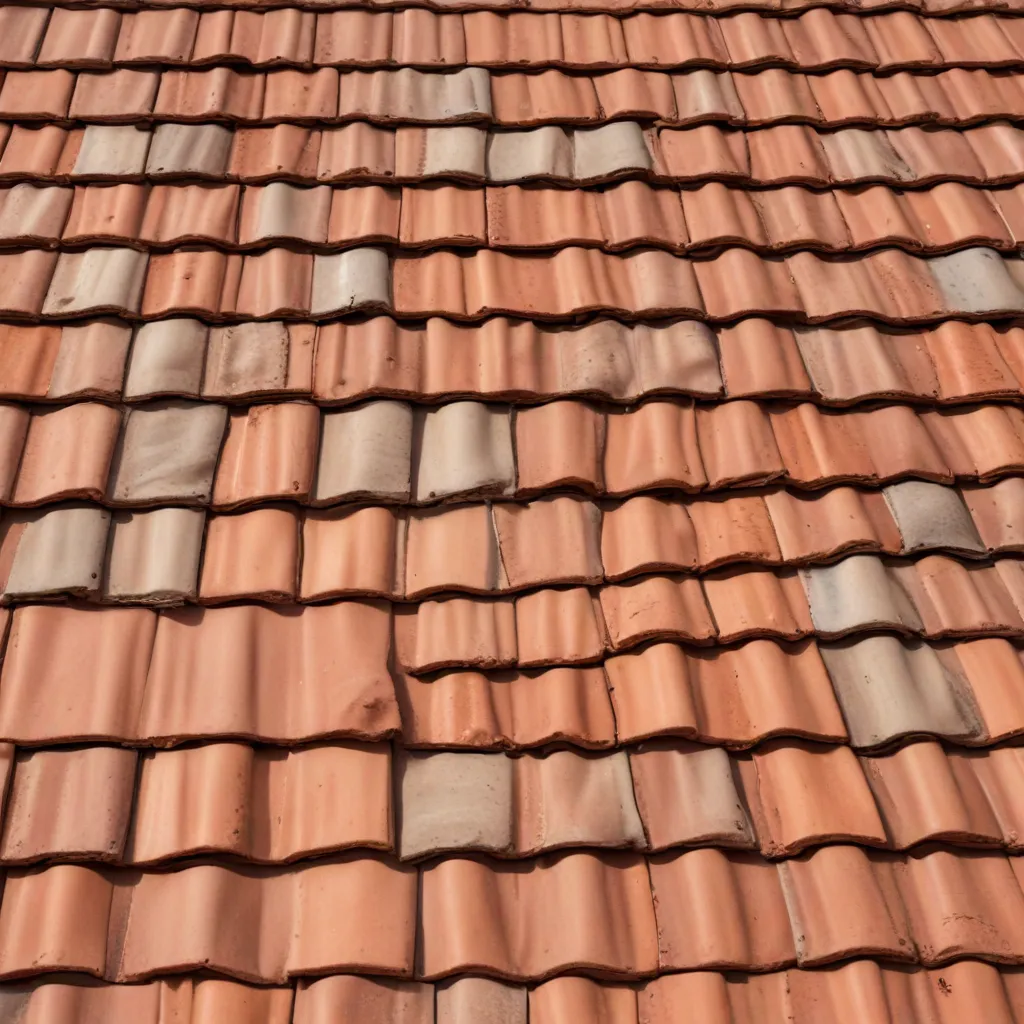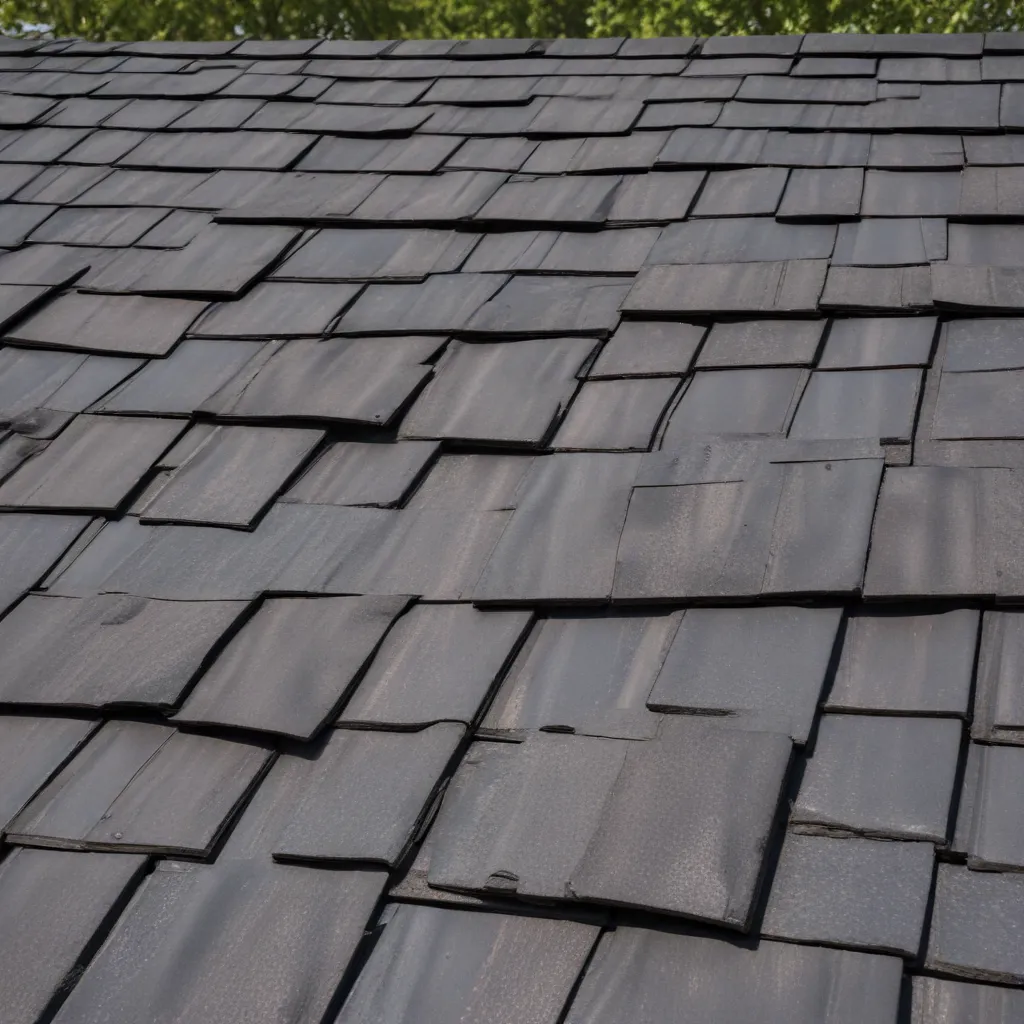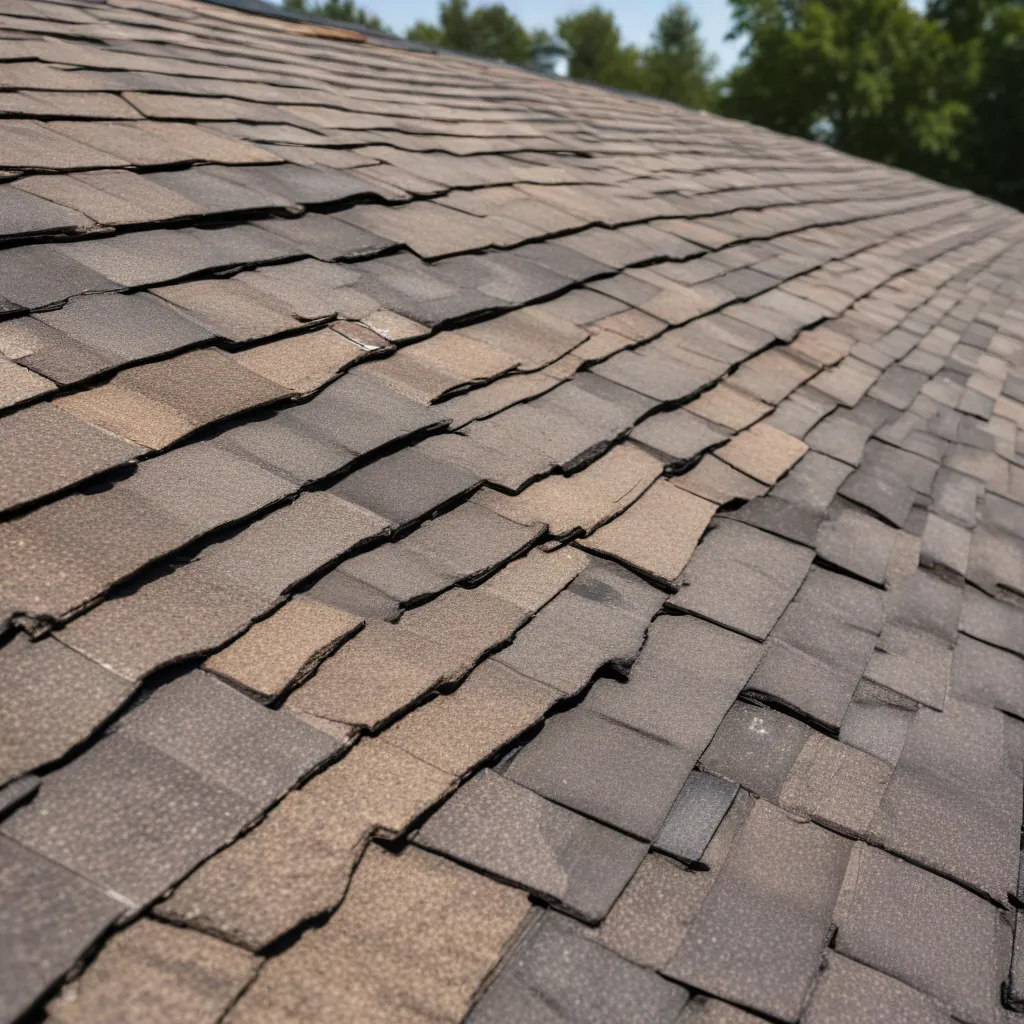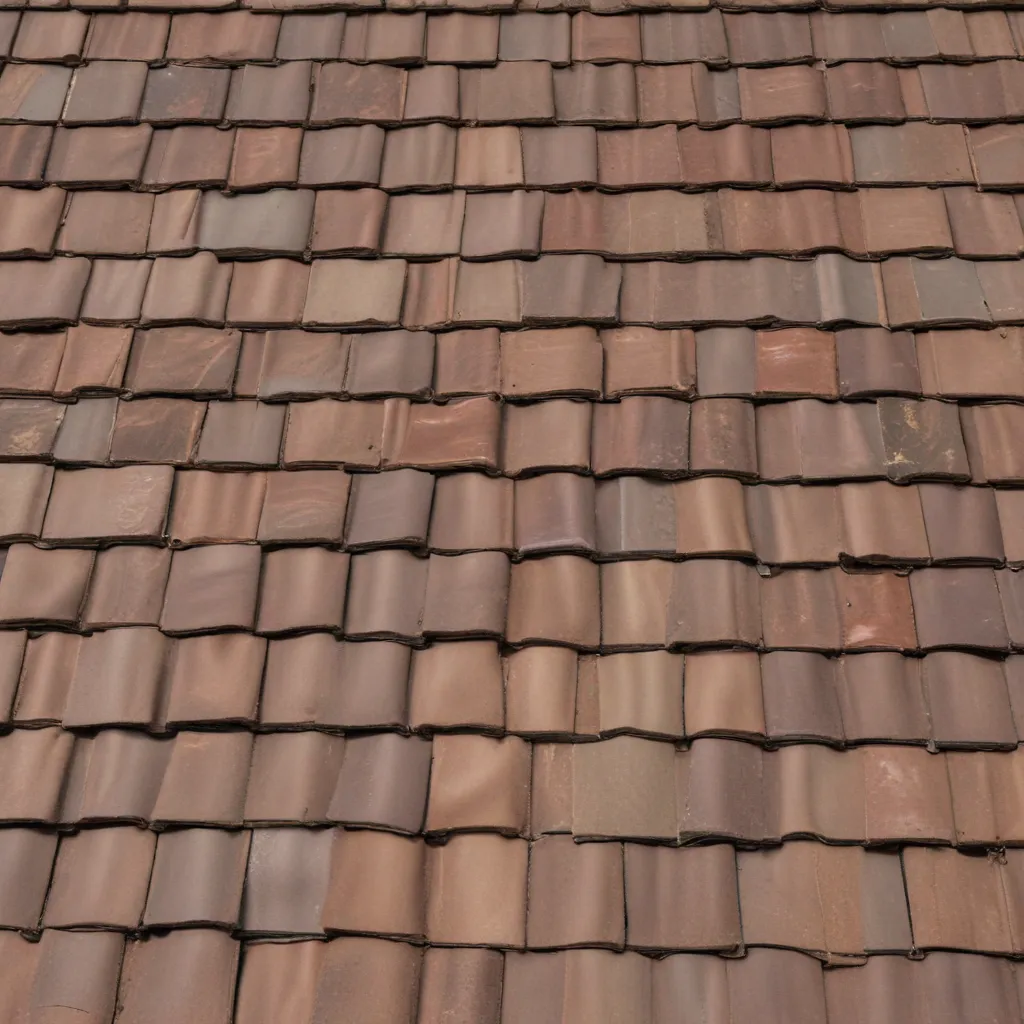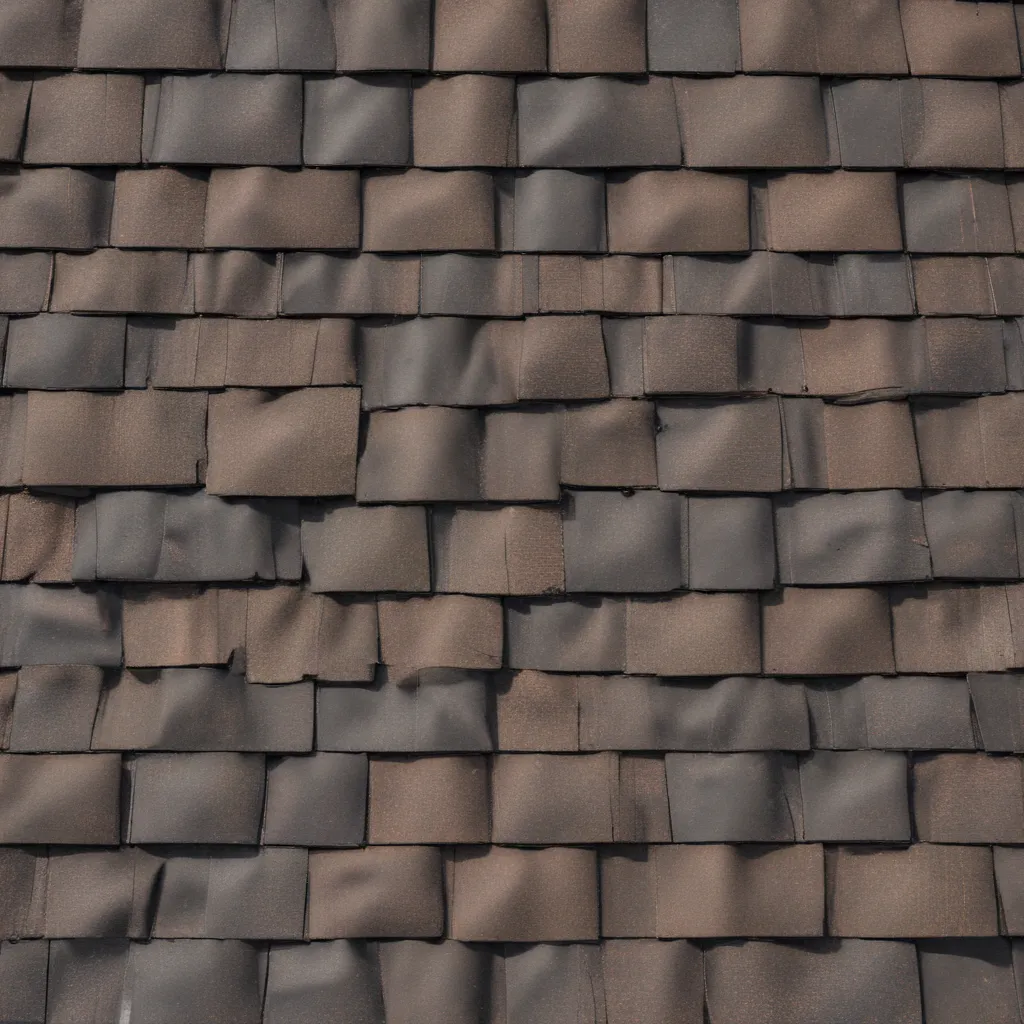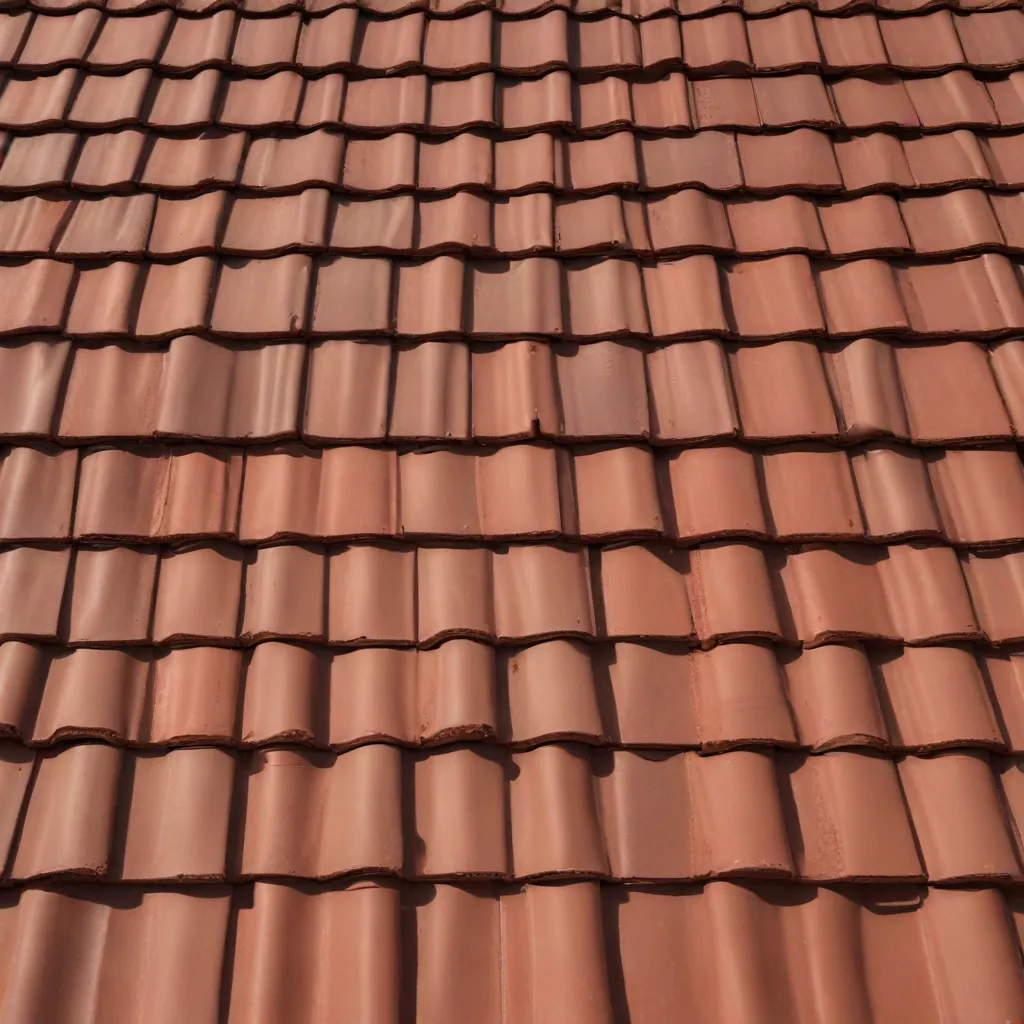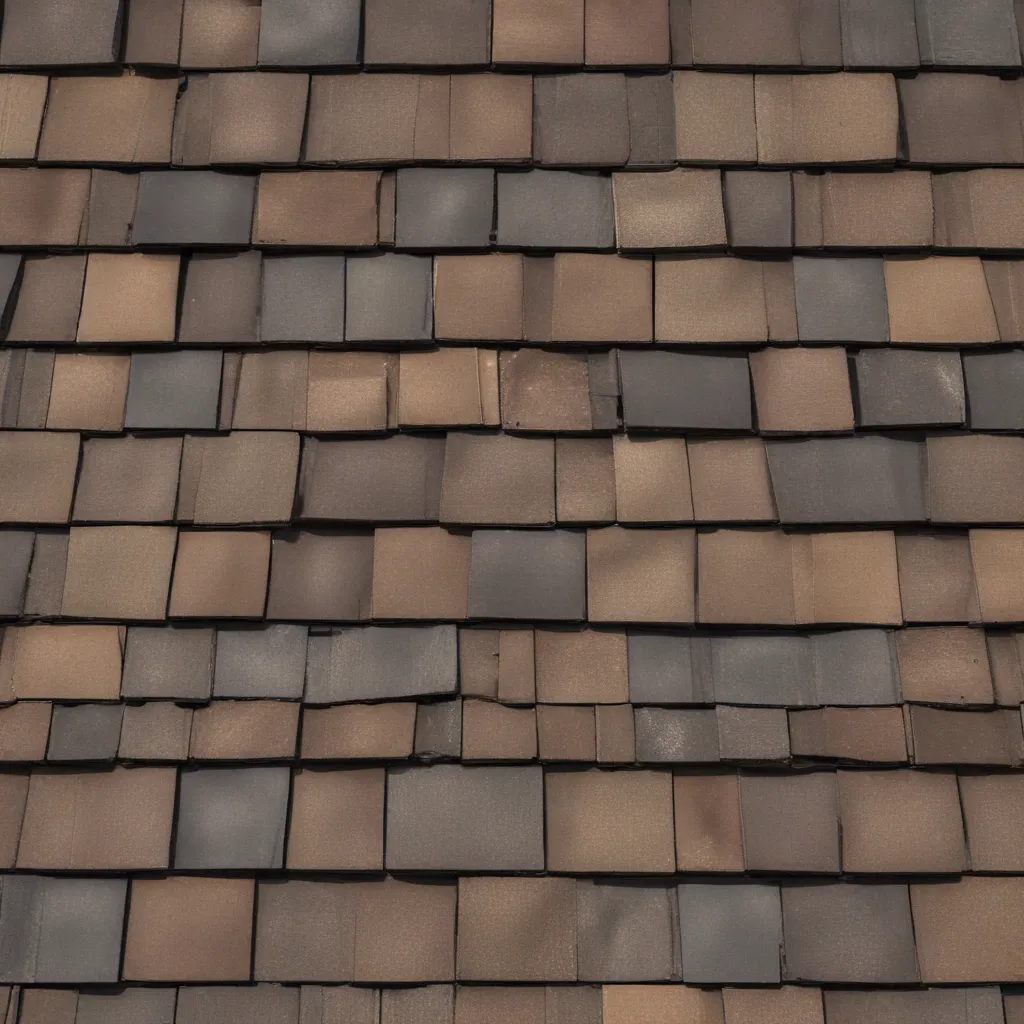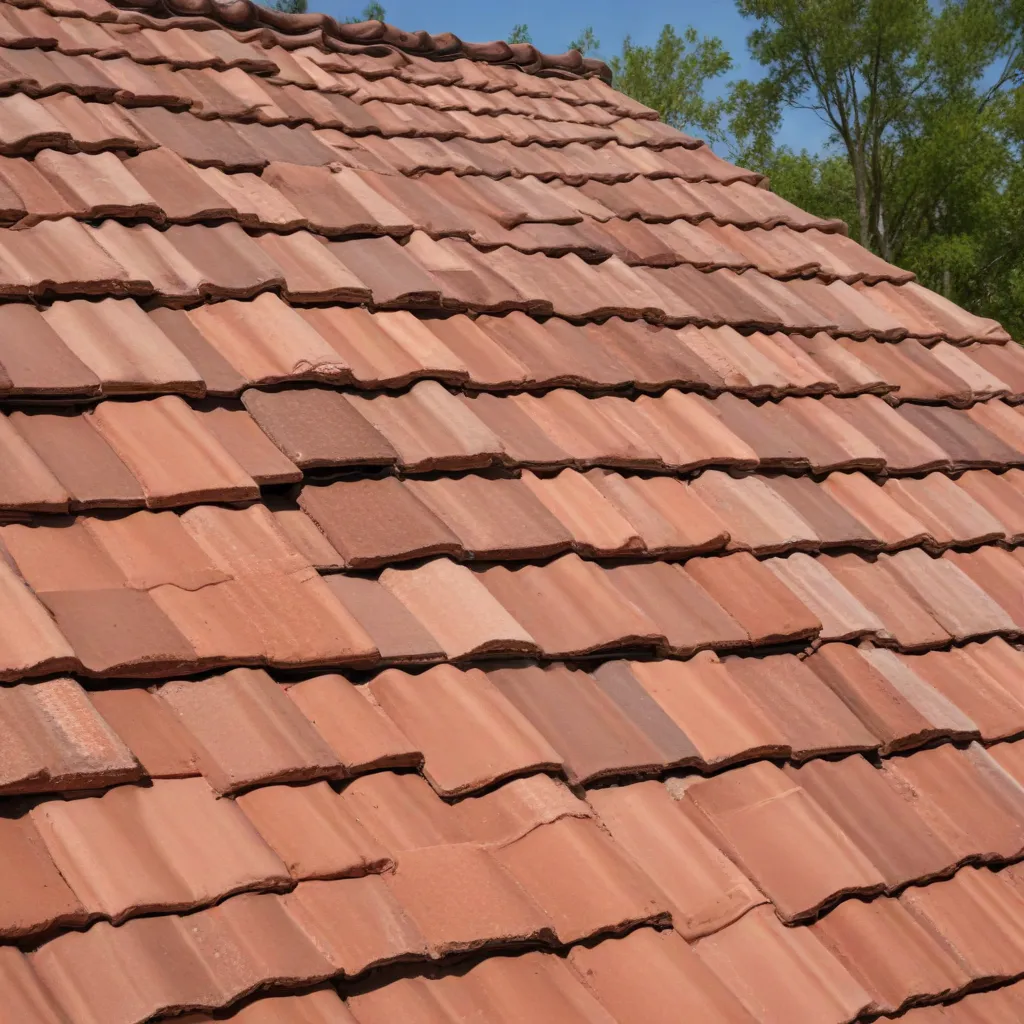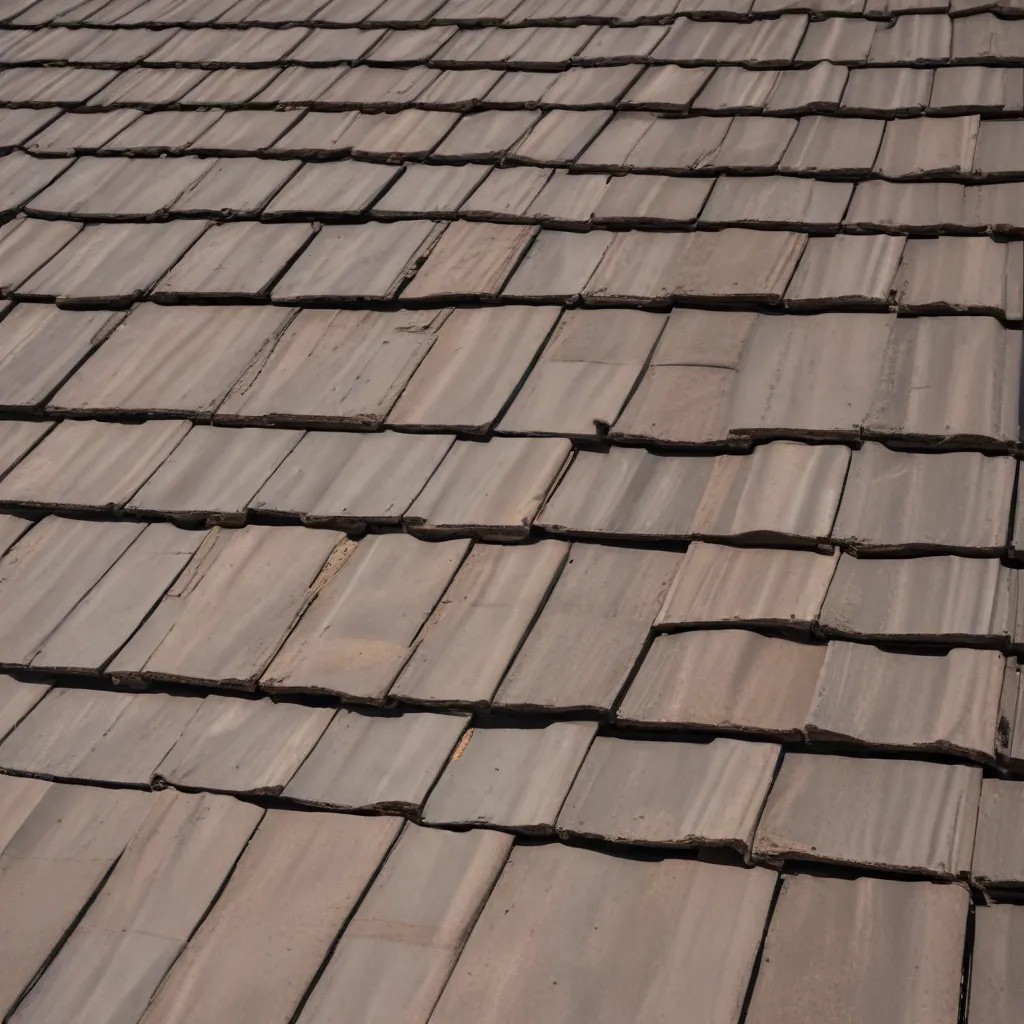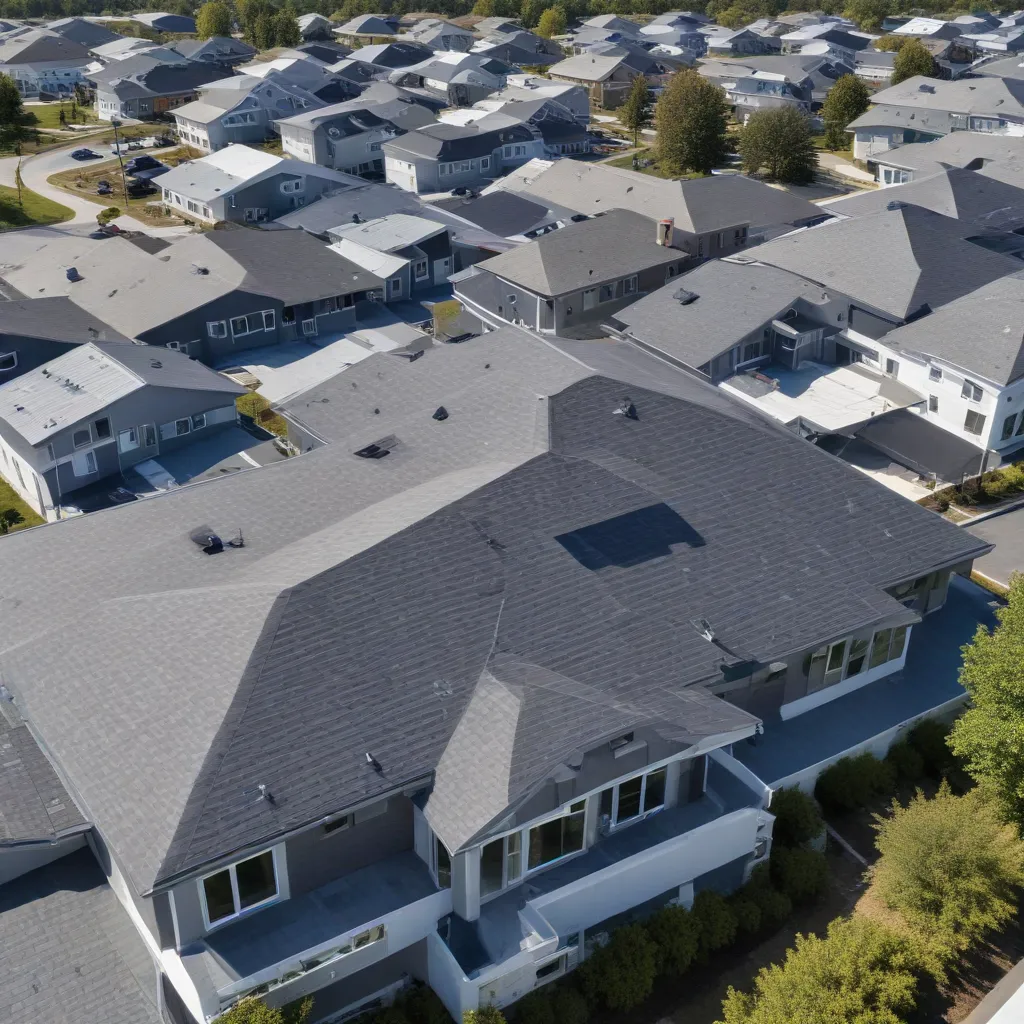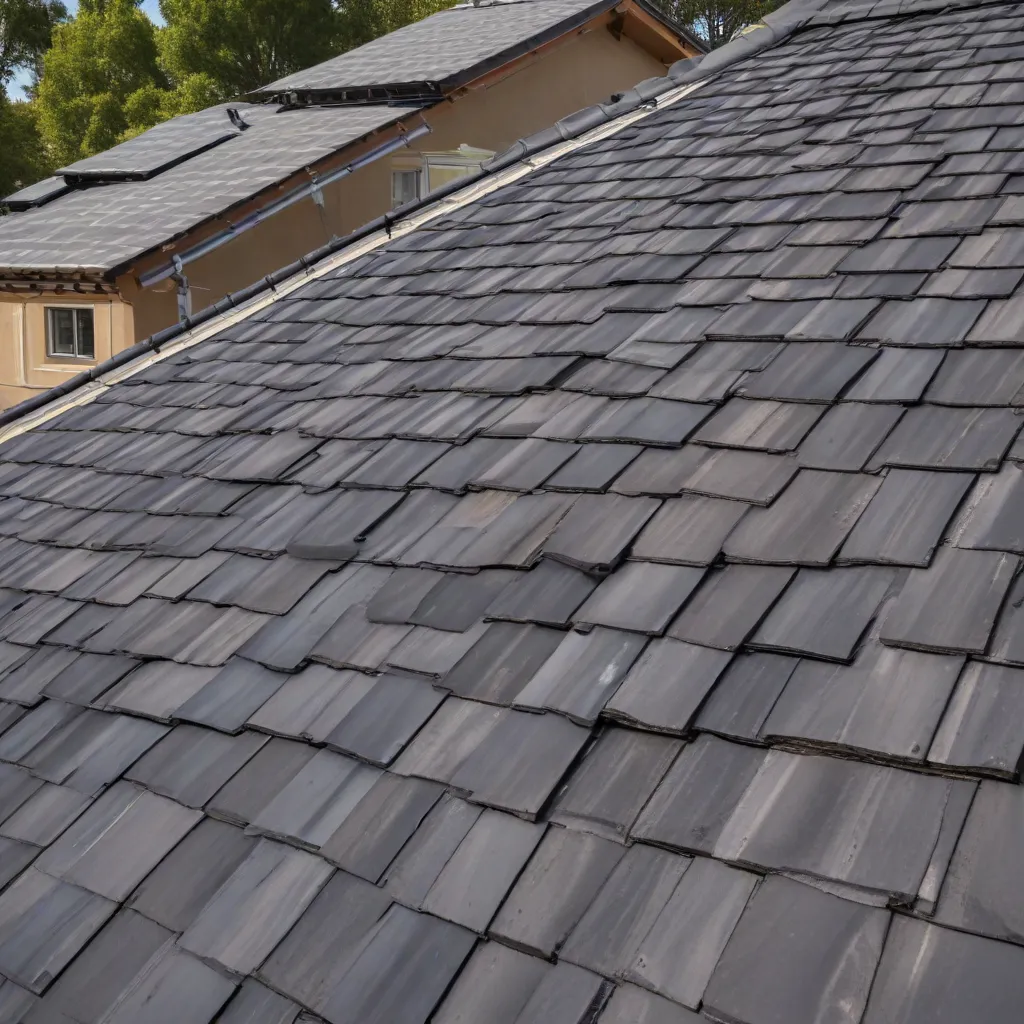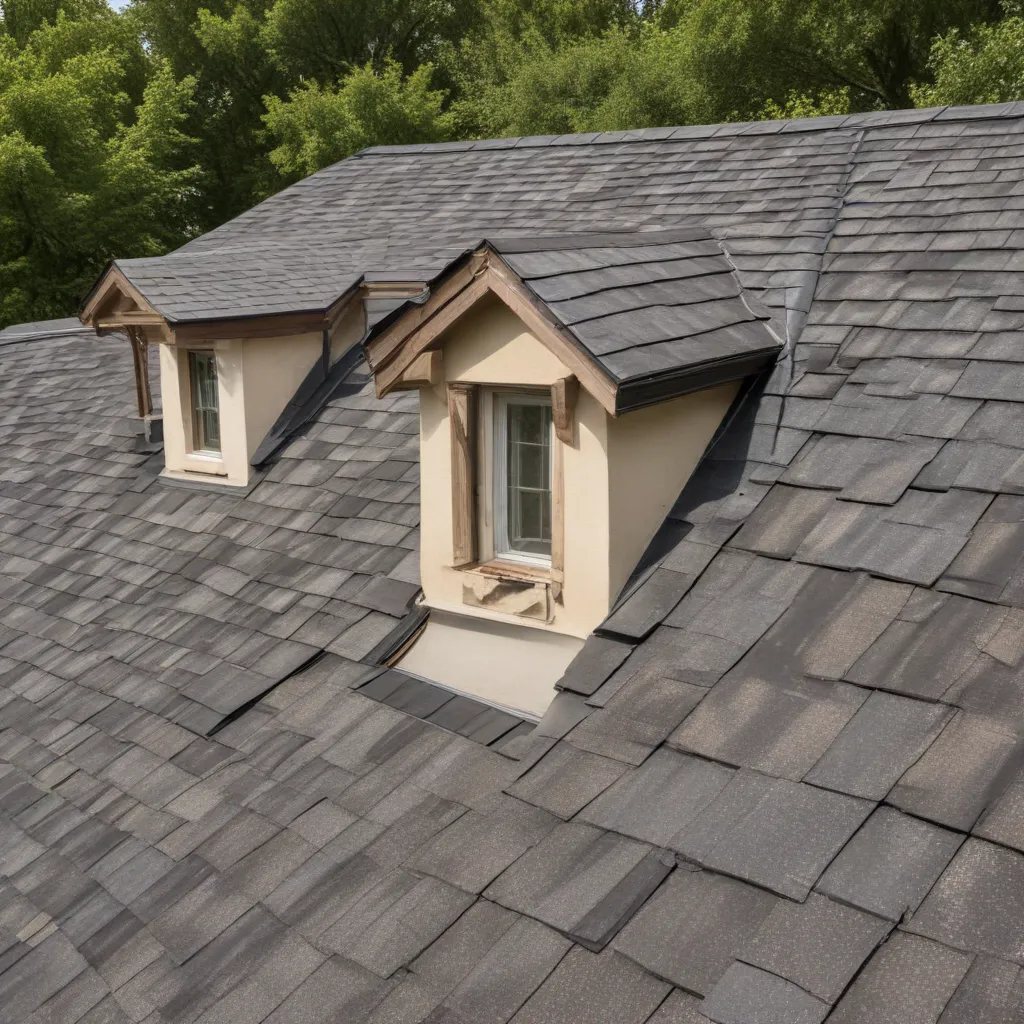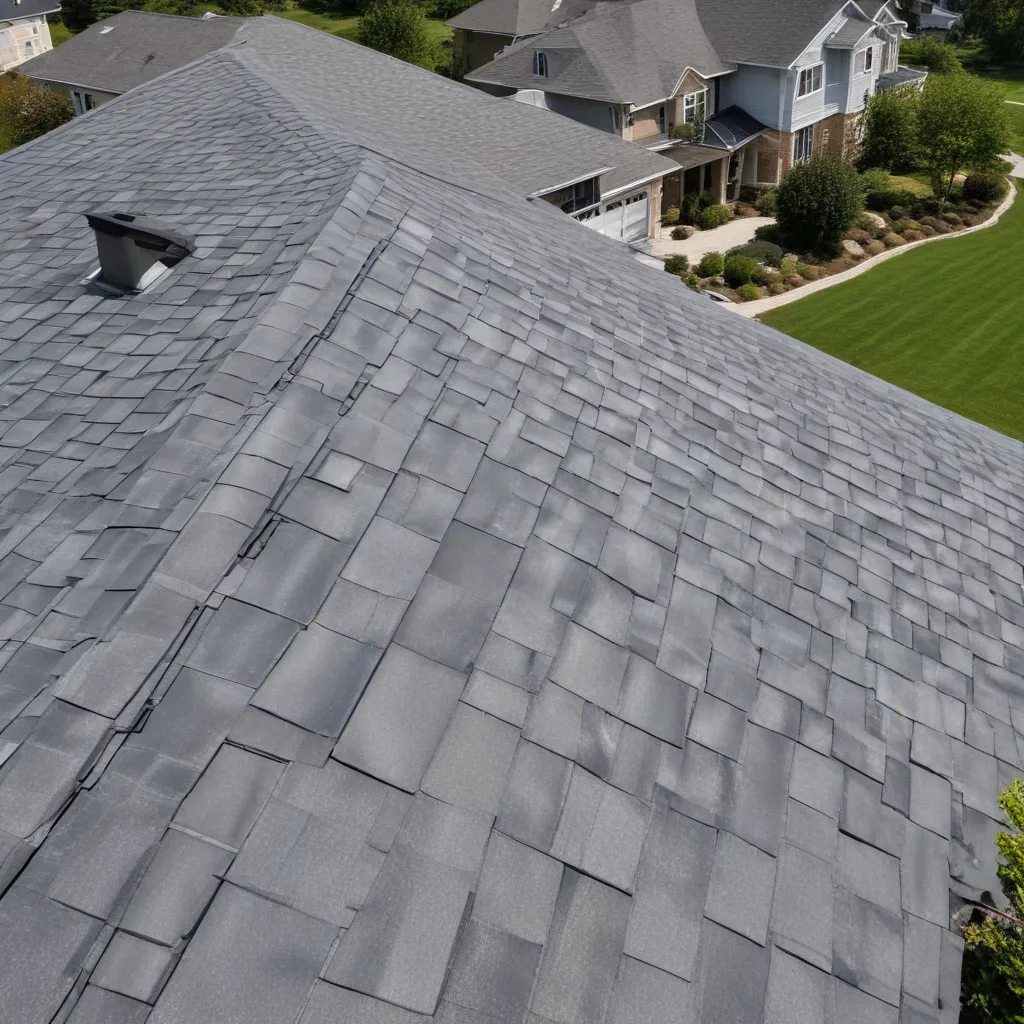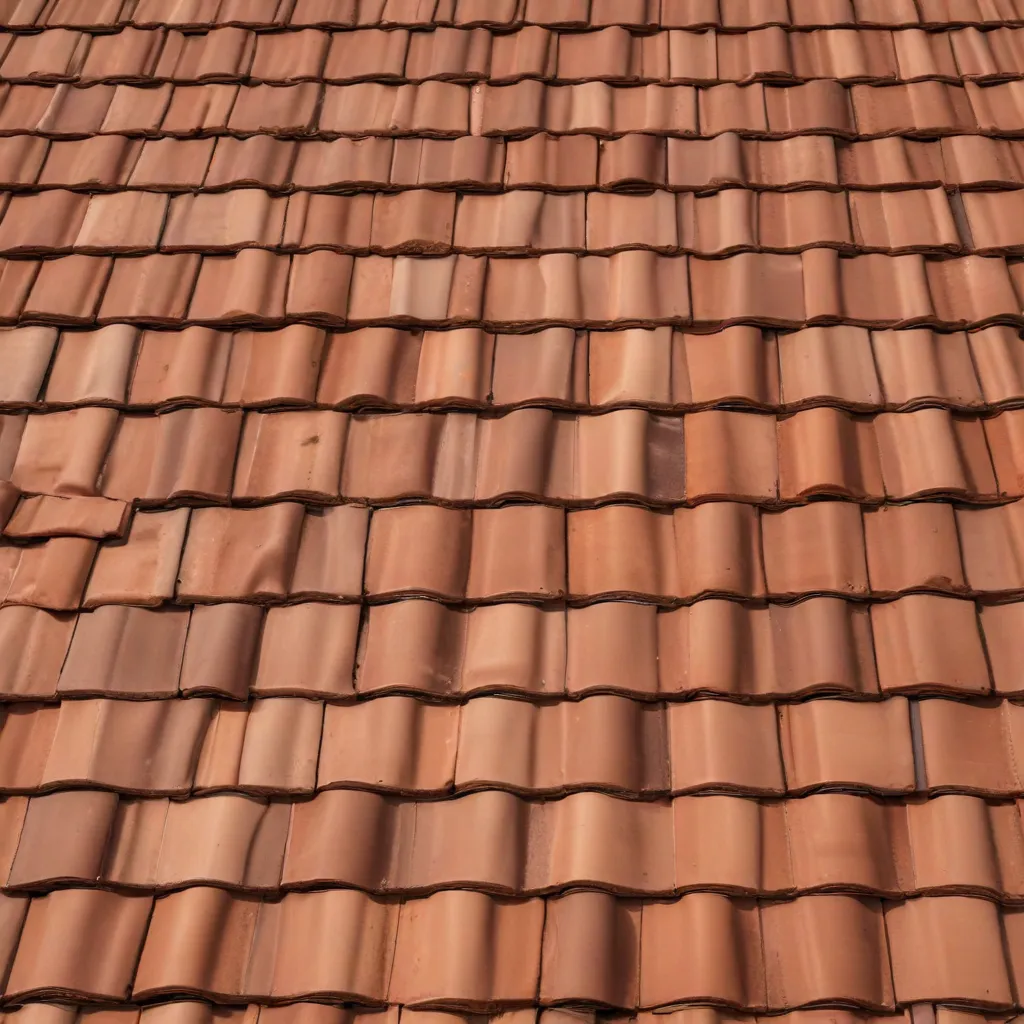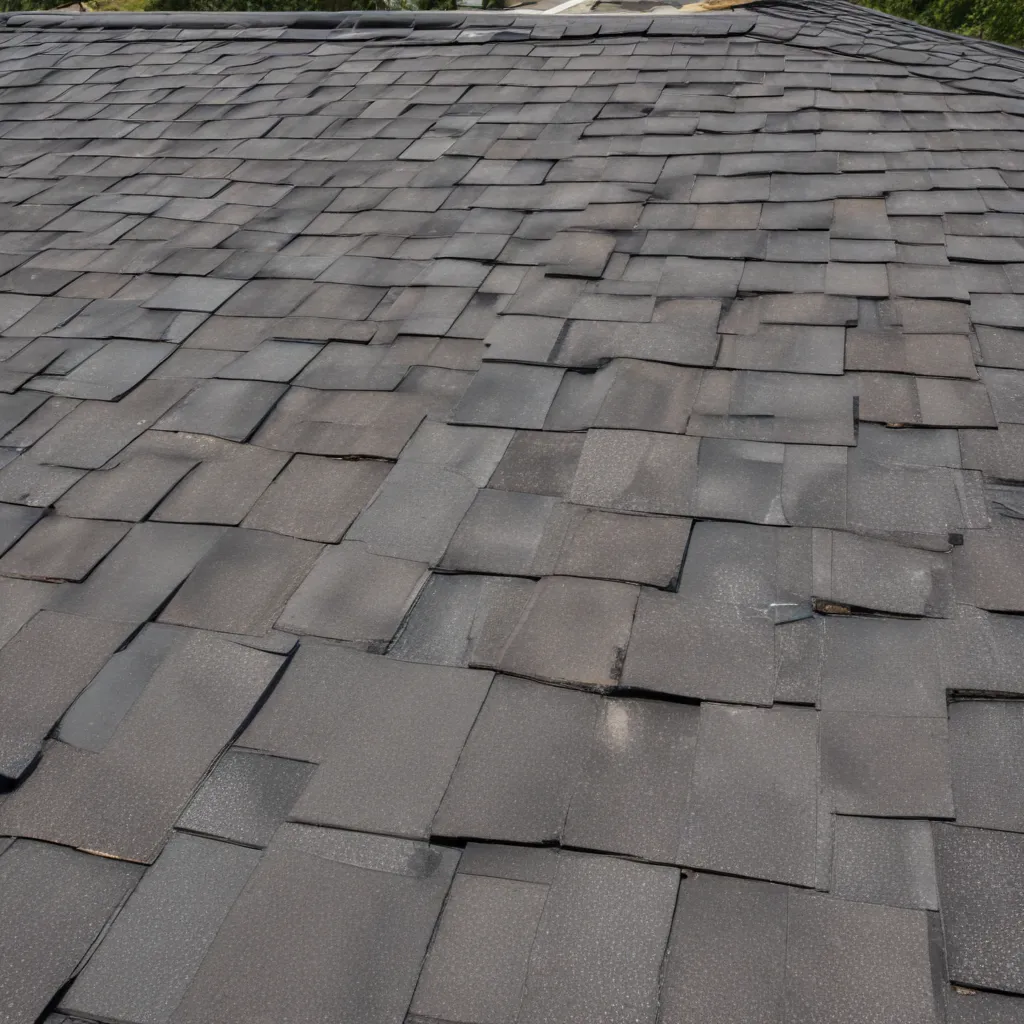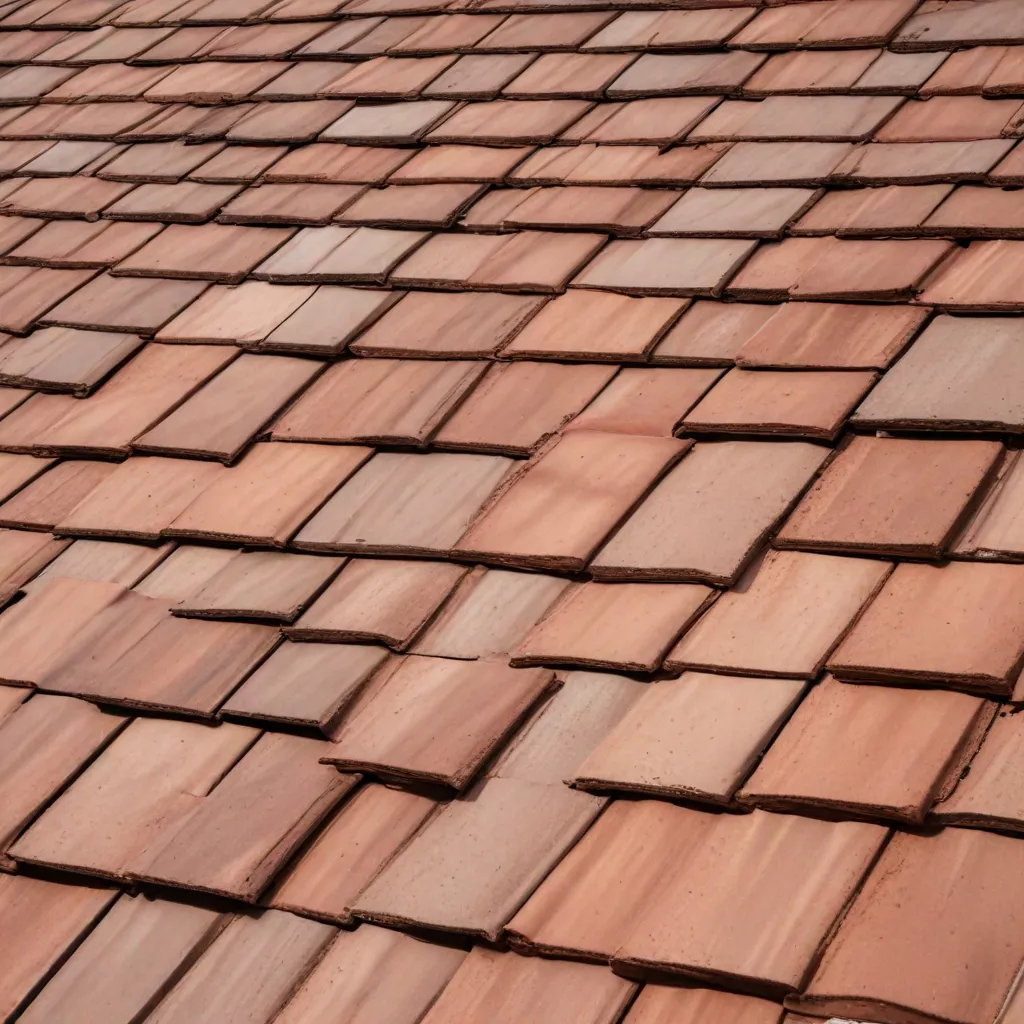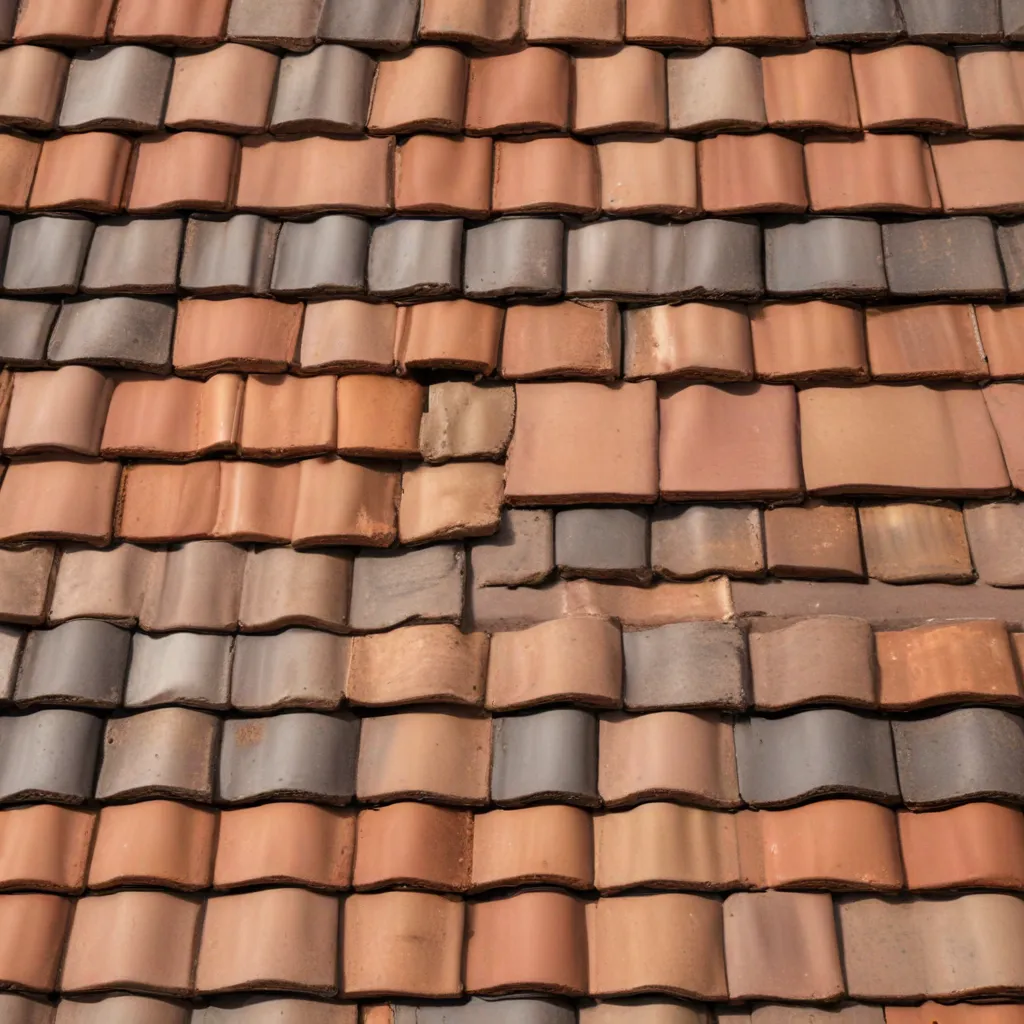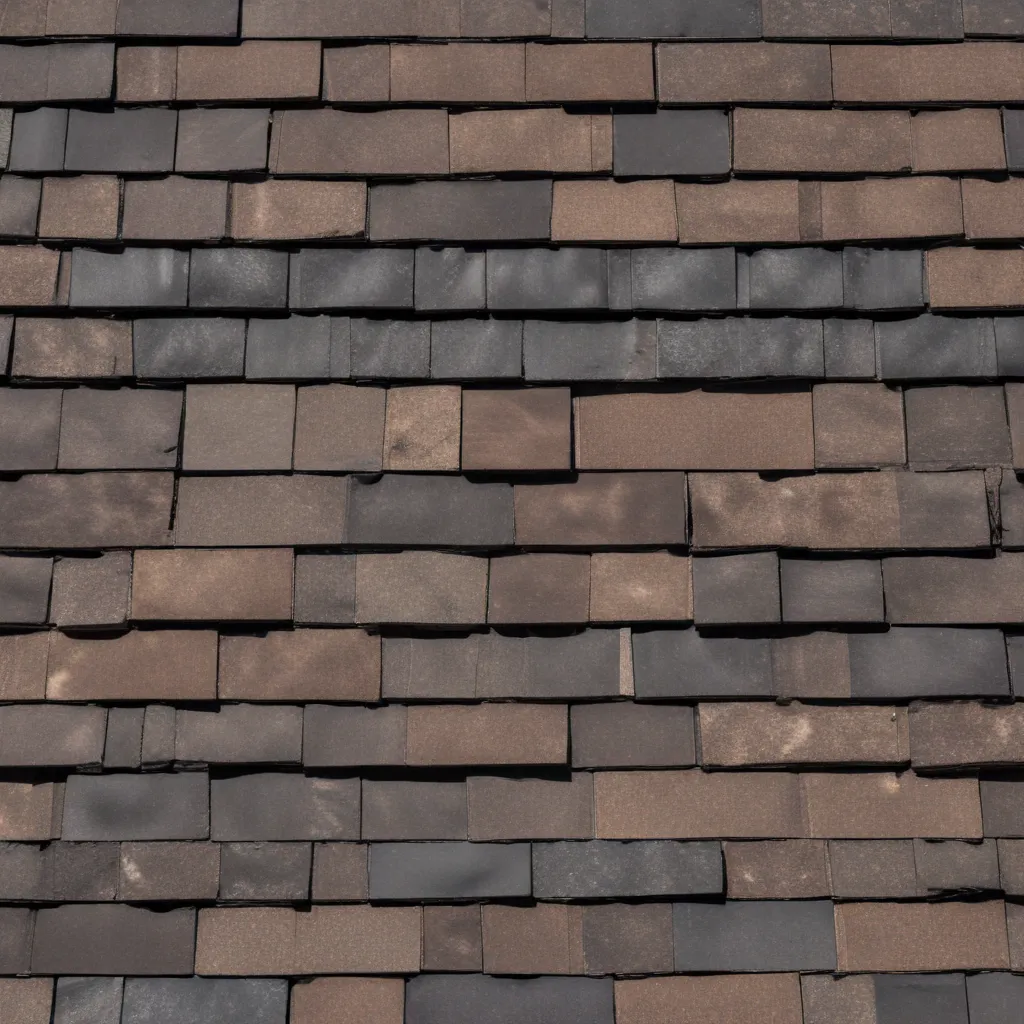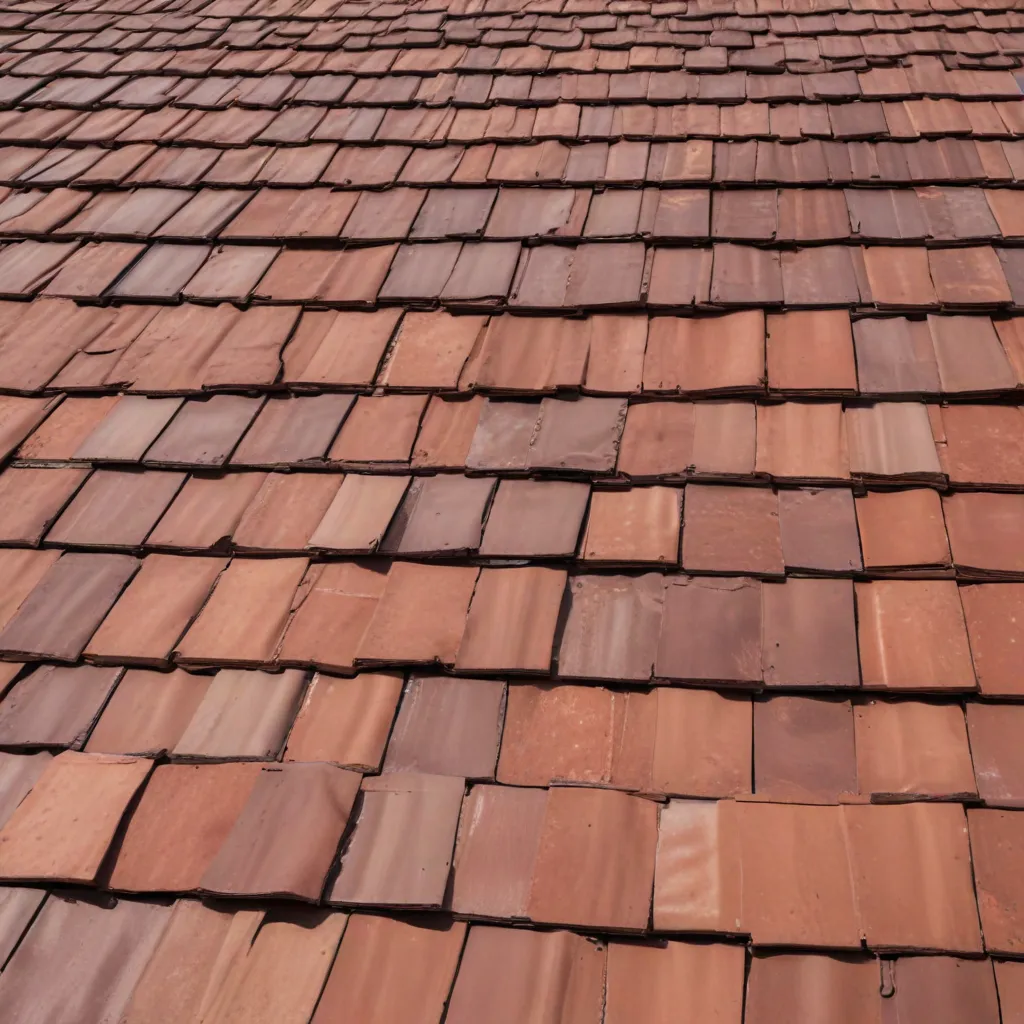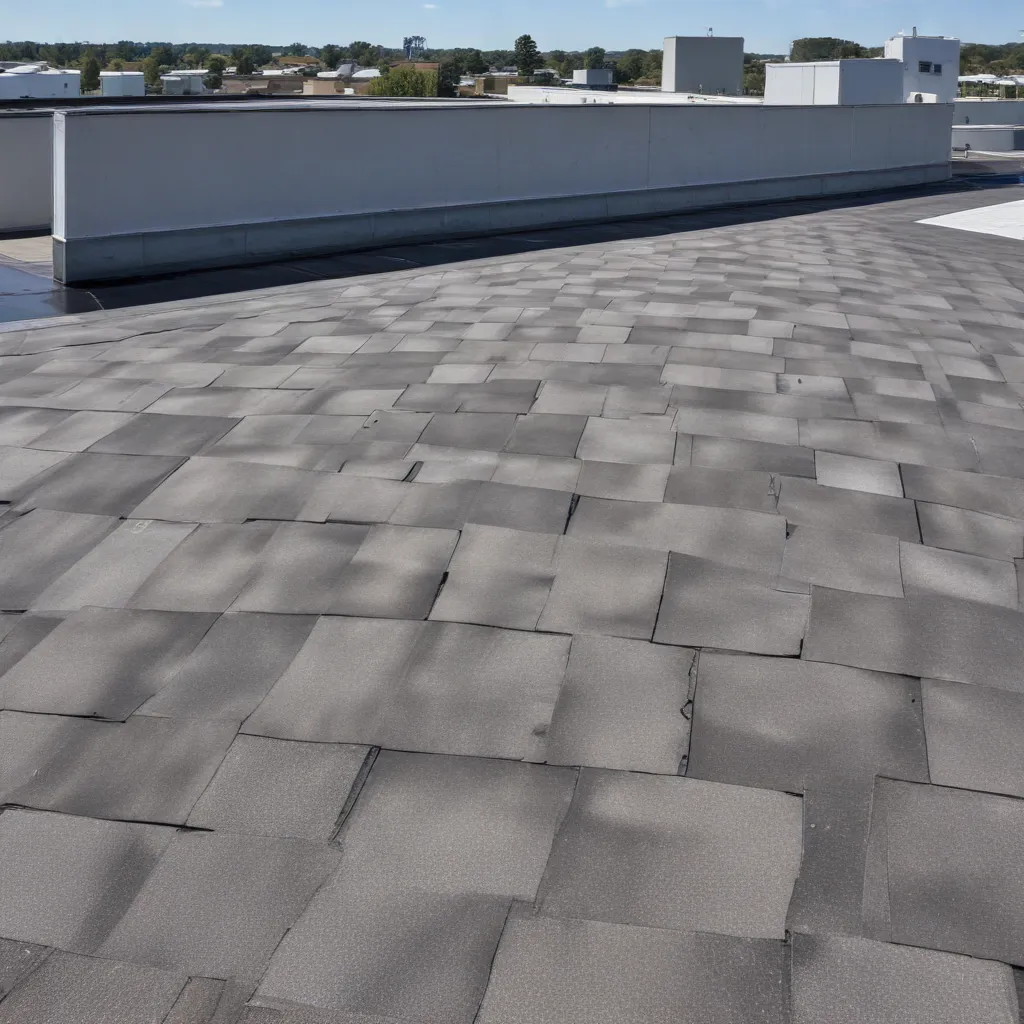
In the world of commercial real estate, the roof is the unsung hero – the first and most crucial line of defense against the elements. Whether your property features the sleek lines of a modern glass tower or the timeless grandeur of a historic landmark, ensuring your roof can withstand the rigors of Mother Nature is paramount. As an experienced roofing specialist with Genuine Roof Systems, I’m here to guide you through the latest weatherproofing techniques and innovations that can safeguard your commercial investment.
Commercial Roof Materials
The choice of roofing material plays a pivotal role in determining the long-term weatherproofing performance of your building. From the classic durability of tile to the cutting-edge efficiency of composite systems, each option brings its own unique advantages to the table.
Tile Roofing: Tile roofs, with their distinctive Mediterranean flair, have long been a favorite for commercial properties. Crafted from clay or concrete, these weatherproof tiles offer exceptional longevity, resistance to fire, and a timeless aesthetic. However, their weight and installation complexity require careful planning and structural support.
Composite Roofing: Innovative composite materials, such as asphalt-based shingles and synthetic tiles, have emerged as leading contenders in the commercial roofing arena. These lightweight, durable options are often more cost-effective than traditional tile, while still providing robust weatherproofing capabilities and a wide range of design possibilities.
Metal Roofing: For those seeking a modern, maintenance-friendly solution, metal roofing systems have become increasingly popular. Galvanized steel, aluminum, and Galvalume® panels offer exceptional resistance to the elements, energy efficiency, and a sleek, industrial-chic aesthetic. Metal roofs can be tailored to complement diverse architectural styles.
Regardless of the roofing material you choose, the application of high-quality sealants and coatings is crucial for enhancing weatherproofing performance. These specialized products create an additional barrier against water intrusion, UV damage, and corrosion, extending the lifespan of your commercial roof.
Equally important is the role of insulation in weatherproofing. Robust insulation systems not only improve energy efficiency but also help regulate indoor temperatures, reducing the strain on HVAC systems and enhancing occupant comfort year-round.
Roof Inspection and Maintenance
Maintaining the integrity of your commercial roof is a continuous process, one that requires vigilance and proactive measures. Regular inspections are the foundation of an effective weatherproofing strategy.
Preventive Maintenance: Scheduling bi-annual roof inspections, preferably in the spring and fall, allows you to stay ahead of potential issues. Your roofing specialist will identify signs of wear and tear, such as cracks, leaks, or loose flashing, and address them promptly before they escalate into larger problems.
Identifying Roof Damage: A trained eye can detect subtle changes in your roof’s condition, from blistering and ponding water to signs of UV degradation. Addressing these issues early on can prevent more costly repairs down the line.
Repair Strategies: When minor defects arise, swift action is crucial. Sealing cracks, replacing damaged shingles, and ensuring proper drainage can go a long way in preserving your roof’s weatherproofing capabilities.
Investing in a comprehensive preventative maintenance program can further enhance the longevity and performance of your commercial roof. These programs, offered by reputable roofing contractors, typically include regular inspections, proactive maintenance, and prompt repair of any issues identified.
Environmental Factors
The harsh realities of Mother Nature play a significant role in the weatherproofing equation. Understanding your local climate and weather patterns is essential for selecting the right roofing solutions and deployment of effective weatherproofing techniques.
Weather Patterns: From the heavy snowfall of the Midwest to the intense solar radiation of the Southwest, each region presents unique challenges. Adapting your weatherproofing strategies to these environmental conditions is crucial for ensuring long-term roof performance.
Climate Considerations: Factors such as temperature extremes, humidity levels, and precipitation rates can all impact the efficacy of your commercial roof’s weatherproofing measures. Consulting with local roofing experts can help you identify the most suitable materials and techniques for your specific climate.
Extreme Weather Events: In an era of increasingly unpredictable weather patterns, preparing your commercial roof for the worst is a necessity. Robust hurricane straps, impact-resistant panels, and innovative storm-proofing measures can safeguard your property against the destructive forces of high winds, hail, and heavy rainfalls.
Roof Design and Construction
The weatherproofing capabilities of your commercial roof are intrinsically linked to its design and construction. Adhering to sound architectural principles and engineering best practices can make all the difference in protecting your property.
Architectural Principles: The orientation, slope, and overall geometry of your roof play a vital role in shedding water and mitigating the impact of environmental forces. Consulting with experienced architects can help you identify the optimal roof design for your specific needs.
Structural Integrity: The underlying structure of your commercial roof must be able to withstand the stresses of weather events, from heavy snowloads to wind uplift. Ensuring proper framing, load-bearing capacity, and attachment methods is crucial for long-term weatherproofing success.
Drainage Systems: Efficient gutters, downspouts, and roof drains are the unsung heroes of weatherproofing. By ensuring the seamless removal of water from your roof’s surface, you can prevent the accumulation of ponding water and subsequent leaks or structural damage.
Sustainability and Energy Efficiency
In today’s climate-conscious world, the weatherproofing of commercial roofs has taken on an added dimension of sustainability and energy efficiency. Innovative roofing solutions are now empowering building owners to reduce their environmental impact while enhancing the longevity of their roof systems.
Green Roof Options: From living, vegetated roofs to reflective cool roof coatings, eco-friendly roofing options can help mitigate the urban heat island effect, improve insulation, and promote stormwater management – all while providing robust weatherproofing capabilities.
Energy-Saving Measures: The strategic application of high-performance insulation, coupled with reflective roof membranes, can significantly reduce your building’s cooling costs and carbon footprint. These weatherproofing enhancements go hand-in-hand with sustainability, delivering long-term savings and environmental benefits.
Lifecycle Considerations: When planning your commercial roof, it’s essential to factor in the total cost of ownership, including maintenance, repairs, and eventual replacement. Investing in weatherproofing solutions with extended lifespans can yield substantial returns, both financially and environmentally, over the lifetime of your building.
Regulatory Compliance
Navigating the complex web of building codes, safety standards, and warranty requirements is a critical aspect of implementing effective weatherproofing strategies for your commercial roof.
Building Codes: Local, state, and national regulations dictate the minimum requirements for roofing materials, installation methods, and weatherproofing performance. Ensuring your project adheres to these codes is not only a legal necessity but also a cornerstone of responsible property management.
Safety Standards: Weatherproofing measures, such as the installation of fall protection systems and adherence to fire-resistance ratings, are essential for safeguarding the wellbeing of your building’s occupants and maintenance personnel.
Warranty Requirements: Many roofing manufacturers offer comprehensive warranties that provide additional peace of mind. Understanding the specific terms and conditions of these warranties, including maintenance protocols and acceptable weatherproofing techniques, can help you maximize the long-term protection of your commercial roof.
Partnering with experienced roofing professionals, well-versed in the latest industry regulations and best practices, is key to ensuring your weatherproofing efforts meet or exceed all necessary compliance standards.
In conclusion, safeguarding your commercial roof against the elements requires a multifaceted approach that encompasses the right materials, meticulous maintenance, and a deep understanding of environmental factors. By embracing the latest weatherproofing techniques and innovations, you can protect your investment, enhance energy efficiency, and provide a secure, comfortable environment for your tenants and customers. At Genuine Roof Systems, we are committed to equipping building owners and property managers with the knowledge and solutions they need to weather the storms and thrive in any climate.

